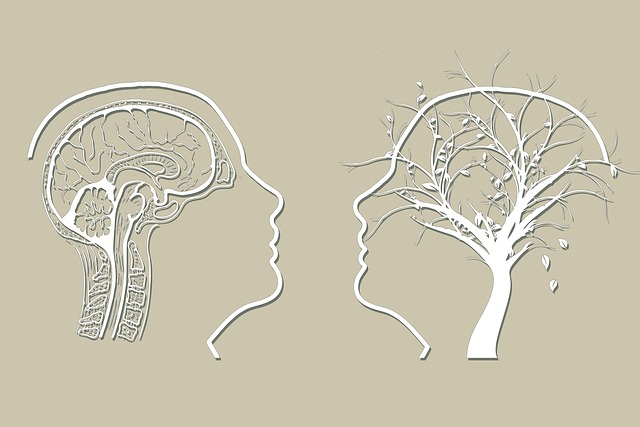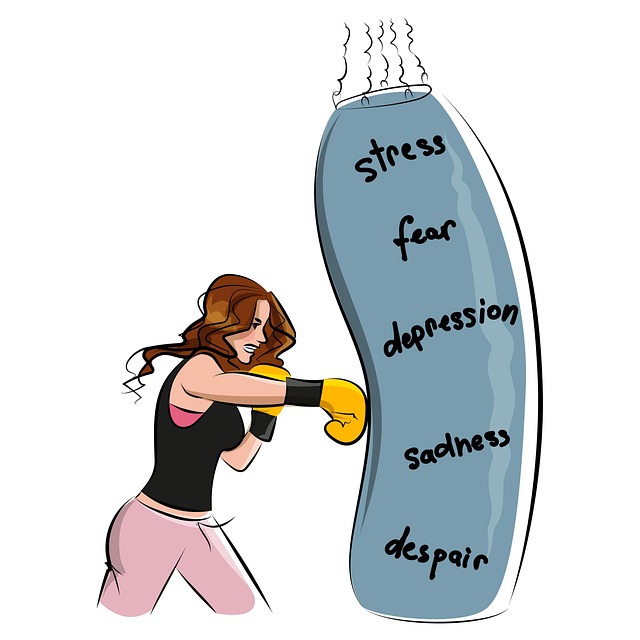Superior Dialectical Behavioral Therapy (DBT) combines cognitive-behavioral techniques with acceptance-based methods to teach essential skills for emotional regulation, distress tolerance, and mindfulness. Journaling, integrated into this therapy, offers a powerful tool for self-reflection, stress management, and emotional tracking. By documenting thoughts, feelings, and experiences, individuals gain insights, improve self-awareness, and cultivate healthier coping strategies, ultimately enhancing their mental wellness and resilience.
Unwind your mind’s labyrinth with Mental Wellness Journaling, a powerful tool backed by Superior Dialectical Behavioral Therapy (DBT). DBT, renowned for its efficacy in emotion regulation and mindfulness, serves as the cornerstone for this transformative exercise. This article guides you through establishing a structured journaling routine, exploring techniques to heighten self-awareness, and uncovering coping strategies. Discover how this simple yet profound practice can revolutionize your mental wellness journey.
- Understanding Dialectical Behavioral Therapy (DBT) and its Role in Mental Wellness Journaling
- Creating a Structured Journaling Routine for Emotional Regulation and Mindfulness
- Effective Techniques to Enhance Self-Awareness and Coping Strategies through Journaling
Understanding Dialectical Behavioral Therapy (DBT) and its Role in Mental Wellness Journaling
Dialectical Behavioral Therapy (DBT) is a highly effective approach to mental wellness that combines cognitive-behavioral techniques with acceptance-based strategies. It’s a superior therapy for individuals dealing with complex emotional regulation challenges, such as those with borderline personality disorder or severe mood swings. DBT teaches skills in mindfulness, distress tolerance, emotion regulation, and interpersonal effectiveness, which can significantly enhance one’s ability to navigate life’s stresses and maintain mental wellness.
Incorporating DBT into mental wellness journaling can be a powerful tool for self-reflection and growth. Journaling prompts based on DBT techniques encourage individuals to track their emotions, identify triggers, practice mindfulness exercises, and reflect on their progress in implementing effective coping strategies. This process fosters greater self-awareness, helps individuals gain insights into recurring patterns, and promotes healthier ways of managing stress and challenging situations—all essential components for maintaining optimal mental wellness.
Creating a Structured Journaling Routine for Emotional Regulation and Mindfulness

Establishing a consistent journaling routine can be a powerful tool for emotional regulation and mindfulness practices. Dedicate a specific time each day to write down your thoughts, feelings, and experiences, creating a safe space for self-reflection. This structured approach draws inspiration from Superior Dialectical Behavioral Therapy (DBT), which emphasizes the importance of mindfulness and emotional coping strategies. By documenting your journey, you gain insights into patterns of behavior and emotions, enabling better understanding and management.
Journaling offers an opportunity to practice self-care, a vital aspect of mental wellness. It allows for the development of self-awareness, where individuals can identify triggers, manage stress, and cultivate a deeper connection with their inner selves. This simple yet profound habit has the potential to enhance public awareness campaigns focused on mental health, encouraging open conversations about emotional well-being.
Effective Techniques to Enhance Self-Awareness and Coping Strategies through Journaling

Journaling is a powerful tool for enhancing self-awareness and developing effective coping strategies, which are central to mental wellness. By putting pen to paper (or fingers to keyboard), individuals can gain profound insights into their thoughts, emotions, and behaviors, fostering a deeper understanding of themselves. This practice encourages introspection, allowing one to reflect on past experiences, identify triggers, and recognize patterns. As part of Superior Dialectical Behavioral Therapy (DBT) techniques, mental wellness journaling exercise guidance promotes resilience building by helping individuals develop healthy coping mechanisms.
Engaging in regular self-reflection through journaling enables better mood management. It provides a safe space to express feelings without judgment, encouraging emotional regulation. By documenting both positive and negative experiences, individuals can track their emotional states, identify triggers, and learn to respond rather than react. This process fosters personal growth by enhancing one’s ability to navigate life’s challenges with increased resilience and improved mental wellness.
Mental wellness journaling, guided by principles of Superior Dialectical Behavioral Therapy (DBT), offers a powerful tool for emotional regulation and self-discovery. By establishing a structured routine and employing effective techniques, individuals can enhance their self-awareness and develop robust coping strategies. Regular journaling practice allows one to navigate life’s challenges with greater resilience and clarity, ultimately fostering improved mental wellness.













